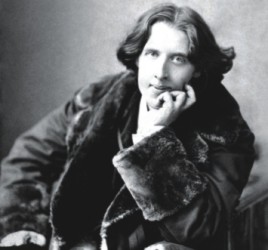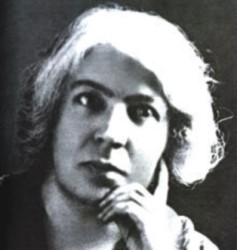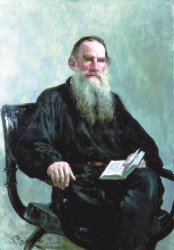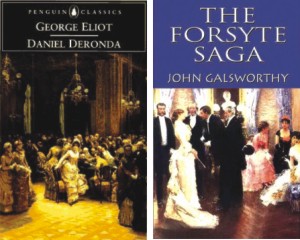|
Musings
Great Books
Razia Khan
A news item in The Daily Star has thrilled me immensely. It is the declaration by the Italian ambassador that Grazia Deledda's La Madre is a master piece-which it is indeed. I went back to my 10th year in the mid forties in Kolkata. My father had a revolving shelf stacked with excellent Bengali periodicals in one of which I found this novel in a brilliant Bengali translation. I recognised the work as a classic, my young years notwithstanding. I read another serial, Manik Babu's Poetry of Day and Night. Even for us children reading was immensely rewarding. I read Vickie Baum, Victor Hugo, Alphonse Dendet, Andrei Malraux, Alexi Tolstoy in translation.
 |
 |
| Oscan Wilde |
Grazia Deledda |
The Bengali classics were of course exhilarating. My first juvenile novel, The Accursed is a blatant imitation of Shorot and Bibhuti. My second novel Toward the Rising Sun, with its Russian characters Boris and Zenaida, is an imitation of Gorky. Only in The Lost Home written at 13, about a migrant family split apart by partition, did I come to my own. Premen, Promoth, Probodh all had influenced me.
 |
| Leo Tolstoy |
On my 16th birthday I got Ezra Pound's poetry from my late second sister. But her gift, which enticed me, was The trials of Oscar Wilde. I had just read his plays of De Profundis written in jail. So the Trials were a sequel to all these. Lord Alfred Douglas's picture in The Trials did not show the malice and ingratitude which he had plagued Wilde with.
Birthday gifts from my eldest sister were The Storm and The Fall of Paris by Alexi Tolstoy. The book that kept me enthralled throughout my teens was an entire volume of The Forsythe Saga given to me by Mr. SM Hashim. Then when I read the greater Tolstoy I knew here was the zenith of literary talents -- Turgenev, Gogol, Chekhov, Pushkin, Dostoyevsky, were engrossing but Tolstoy remained unparalleled.
Mayakovsky's works were difficult to come by but his fire and rebellion ignited my spirit. More than Flauburt, Balzace and Zola it was Marcel Proust who allured me. And the appeal of Bronte's Wuthering Heights still remains boundless. Shorot's Bengali novels Shesh Proshno -- The Last Question and Charitiraheen -- The Immoral were stupendous. The outside world has no knowledge of them.
 This is by no mean a comprehensive account of my favourite books. But I shall certainly mention the love of my life. I found it in a neglected corner of our dusty DU library-George Eliot's last novel Daniel Deronda I had already read Adam Bede, The Mill on the Floss and Middlemarch, a novel of Tolstoyan magnitude. Inciden tally both Toststoy and Proust read and admired her. Virginia Woolf accused her of not being able to portray the aristocracy with veracity. Nothing could be farther from the truth. When George Eliot had settled down in London with Lewis, her partner, in a house planned by a renowned architect, she embarked upon an elegant lifestyle, being sought after by the royalty. This is by no mean a comprehensive account of my favourite books. But I shall certainly mention the love of my life. I found it in a neglected corner of our dusty DU library-George Eliot's last novel Daniel Deronda I had already read Adam Bede, The Mill on the Floss and Middlemarch, a novel of Tolstoyan magnitude. Inciden tally both Toststoy and Proust read and admired her. Virginia Woolf accused her of not being able to portray the aristocracy with veracity. Nothing could be farther from the truth. When George Eliot had settled down in London with Lewis, her partner, in a house planned by a renowned architect, she embarked upon an elegant lifestyle, being sought after by the royalty.
Daughter of an uneducated builder, her voice and intonation were those of an aristocrat. The depiction of great houses and their inmates has a sure touch we do not find in Woolf who belongss to the upper middle class. She might have brushed shoulders with the British aristocracy who do not figure in her work, even if they do it is very superficially.
I don't regret doing my Ph.D thesis on this novel hardly read by anyone. Nevertheless it is outstanding.
Copyright
(R) thedailystar.net 2009 |
